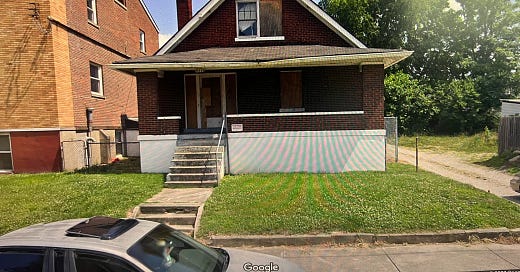Grapevines Worked Better Than Social Media Does Now
“Why won’t you let me talk with him? I know he is there,” said an irate woman who called the parsonage at 12:30 a.m. one night and talked with my wife.
“It is important that I talk with him!”
“He cannot come to the telephone right now. Can he call you in the morning? He would be glad to talk with you if you would give me your name and number,” my wife replied. “I also need to let you know he will only be here until lunch time on Friday.”
“Fine! I will call back in the morning! But I am very upset he is so uncaring.”
What this woman did not know is that I was at a hospital because a member of the church of which I was pastor suffered a major heart attack. I left the parsonage about 11:00 p.m. to head to the hospital. I did not get back home until around 2:00 a.m.
This was 1976 and there were no cell telephones for the woman to contact me. No social media where this woman to vent her rage.
Parsonage Rules
This was also a couple of months following a late-night robbery of the parsonage when we were not home. Also, we occasionally had people knocking on our front door all hours of the night.
Due to this a parsonage rule was set up. If my wife got a telephone call at night and I was not home, she had my permission to tell the person I could not come to the telephone rather than that I am not at home.
My wife also did not answer knocks at the door unless she knew who it was.
My deacons knew this, and thus provided cover for me. This rule was not generally known.
Friday Morning
This late-night call was still a mystery the next morning. Since we did not know who had called—although I probably would have recognized her voice—I could not return the call.
She did not call back Friday morning, so around Noon we left for a weekend trip, returning late Sunday night.
Monday Morning
Early Monday morning we found out why I was called. The woman was a community resident not related to our church except through several friends.
A week or so earlier a friend of hers in our church told me about this woman’s mother who lived in her home. The mother was dying, and the woman had asked this friend if she thought I would visit her mother.
I was very willing and had a great visit with the mother.
The woman called my house Thursday night when her mother appeared to be dying. She wanted to ask me to come to the house. Her mother did die that weekend while we were away.
Friday morning before I left town, she was too upset to contact me. But by Monday she wanted me to do the funeral.
I was glad to.
But how could we correct the bad feelings about the late-night telephone call? Negative things were being said about me throughout the neighborhood and the church.
Grapevines Work Every Time
Grapevines in the 1970s in this inner-city neighborhood were the pastor’s helper.
The friend of the Thursday night woman caller who had connected me with her happened to co-teach a Sunday School class with my wife.
My wife called her friend and explained what had happened the previous Thursday night. The friend then spread the word throughout various grapevines.
Within an hour or so the real story was widely known. The grapevines worked.
When I met the family at the funeral home a few hours later, the first thing the woman said to me before I could say anything was: “I would not tell anyone my husband was not home late at night like that. She did the right thing. I am sorry I doubted you.”
Issue resolved. Funeral went well. Compassionate ministry took place.
My thoughts five decades later are that perhaps grapevines are more helpful than social media posts. At least grapevines are people talking directly with people.
I would hate to think what would happen now with social media posts that spread rumors so fast, and which hang around so long, showing up days, weeks, and months later.




